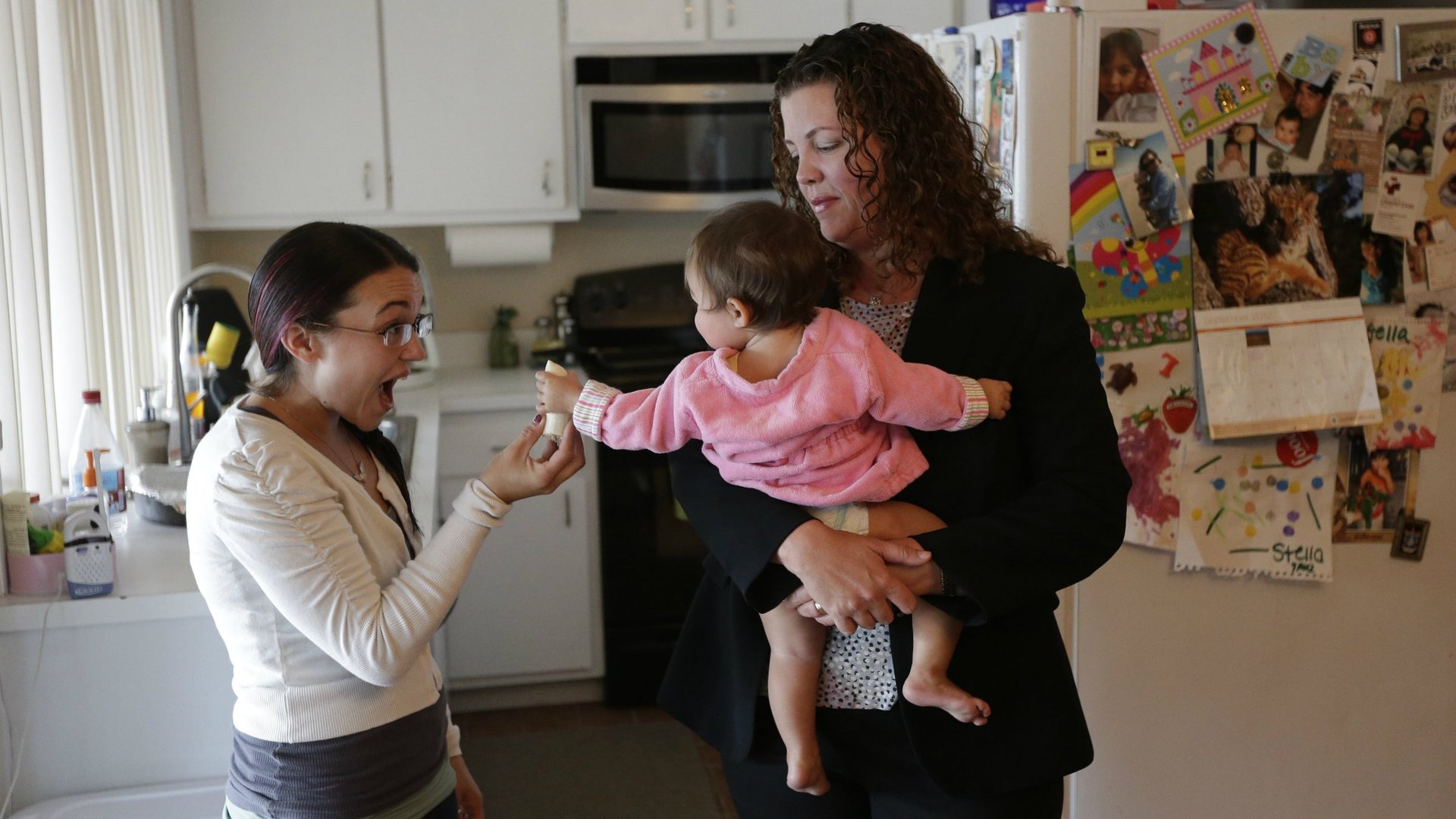The worst decision Marissa Mayer has made in her tenure as Yahoo CEO
An update on Feb. 26 reflects comment from a Yahoo spokesperson.


An update on Feb. 26 reflects comment from a Yahoo spokesperson.
Let’s get this straight: Yahoo is a company that was supposed to move forward under new CEO Marissa Mayer, right?
Last week, she issued an edict that everyone at Yahoo must be in the office every day. That means all the customer-service staff and remote workers who live in the mountains of Colorado or in a condo on Miami Beach must either give up their jobs or relocate closer to a Yahoo office. What a fabulous way to step back in time, and lose talent to other more open-minded and flexible employers. Some commenters on AllThingsD, which broke the news of the telecommuting ban at Yahoo, even speculated that the company is using the decision as a “stealth layoff.” Asked to comment, a Yahoo spokesperson told me in an email:
We don’t discuss internal matters. This isn’t a broad industry view on working from home—this is about what is right for Yahoo!, right now.
Still, it’s an especially discouraging move against parents who need an occasional at-home day when their child is sick or starring in a play at school. Mayer had her first child, Macallister, only five months ago, not long after she joined Yahoo from Google.
The decision, according to a Yahoo internal memo, aims to maximize “communication and collaboration.” The justification:
We need to be working side-by-side. That is why it is critical that we are all present in our offices.
I’ve worked from home plenty during my 25-year career in journalism, including months devoted to breastfeeding and baby bonding, editing long-form storytelling and helping craft Sunday feature stories. The Yahoo comments sound so eerily similar to a former editor from two decades ago that I’m wondering whether Yahoo has invented a time travel machine that only goes backwards. Since then, I’ve seen work-from-home arrangements go from something reserved for a very few moms with clout and strong negotiating skills to an approach that employers embrace to keep talent happy and costs down.
More than 36% of US workers with a bachelor’s degree or higher and almost one-fourth of all staffers worked at home at least sometimes in 2010, the most recent data from the Bureau of Labor Statistics. The numbers may be even higher since the recession, experts suggest, as companies try to cut costs further.
Which makes Yahoo’s new rule all the more puzzling.
“I don’t believe we’ll see many other companies following suit,” said Amanda Augustine of TheLadders, a job search site for executives. “As technology continues to advance, our world is becoming smaller and smaller. Between conferencing software and document-sharing services, the ability to work—and perform well—as a remote team is even easier.”
Most reactions to the Yahoo decision are marked by anger and dismay.
“Mayer is trying to put together a 21st century technology company using 19th century workplace mentalities,” said Steve Woods in a piece on Technorati.
AllThingsD followed up with a piece indicating that most tech companies, from Google to Microsoft, allow employees to telecommute. Indeed, workers today see flexibility as a crucial piece of what makes work worthwhile. When CareerBuilder and HarrisInteractive asked 3,900 full-time workers what’s most important to them, 59% said flexible schedules and 33% said the ability to work from home. These features were ranked higher than tuition reimbursement or company cars; multiple answers were permitted.
It’s also a retention issue. Some 70% of staffers said higher salaries and 51% wanted flexible schedules which typically includes work at home options.
Except at Yahoo, where by June, hundreds of workers will head back to a corporate office, or more likely, abandon what already is seen as a leaky ship. As they land jobs at more flexible employers, I’m betting they’ll walk their dogs, savor their mountain views and walk away quite gladly.